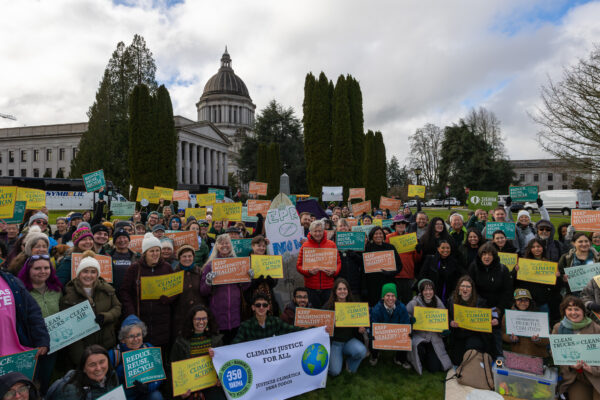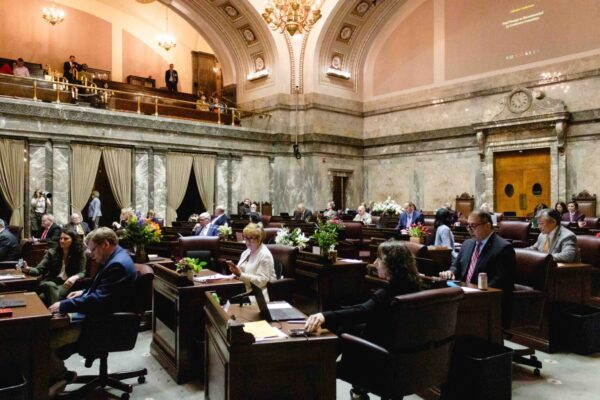This 1988 law has helped clean up roughly 6,600 toxic sites, equal to about one cleanup completed every other day.
These sites range from small projects like an old gas station or dry cleaner to large-scale cleanup sites like the Lower Duwamish River in Seattle or Commencement Bay in Tacoma. The law is also responsible for many positive pollution prevention and control measures including conducting thousands of inspections at local businesses to ensure safe handling and storage of hazardous substances. The toxics law has removed nearly 250,000 mercury switches from cars and improved air quality through replacing dirty wood stoves and retrofitting diesel trucks with cleaner technologies.
The key to MTCA’s success is its “hazardous substance tax” paid by polluters and invested in reducing old and new sources of toxic pollution statewide. However, 95% of the tax’s revenue is tied to oil prices. Since oil prices began dropping in 2014, revenue from the hazardous substance tax has also dropped sharply. Next year, the state faces a $72 million shortfall that threatens to stall toxic cleanups, freeze pollution prevention and control projects, and weaken funding that supports local communities.
WEC is working with partners statewide to restore and stabilize funding, protect state environmental programs, and prioritize funding to reduce toxics in communities most burdened by harmful pollution.
The next state legislative session begins in January of 2017. WEC and our partners will provide you opportunities to contact your state legislator and urge them to adopt funding solutions that put Washington back on track to reduce dangerous pollution that harms people, the environment, and our economy.
Stay in the know about how you can get involved this legislative session. Sign up to receive our emails here!



